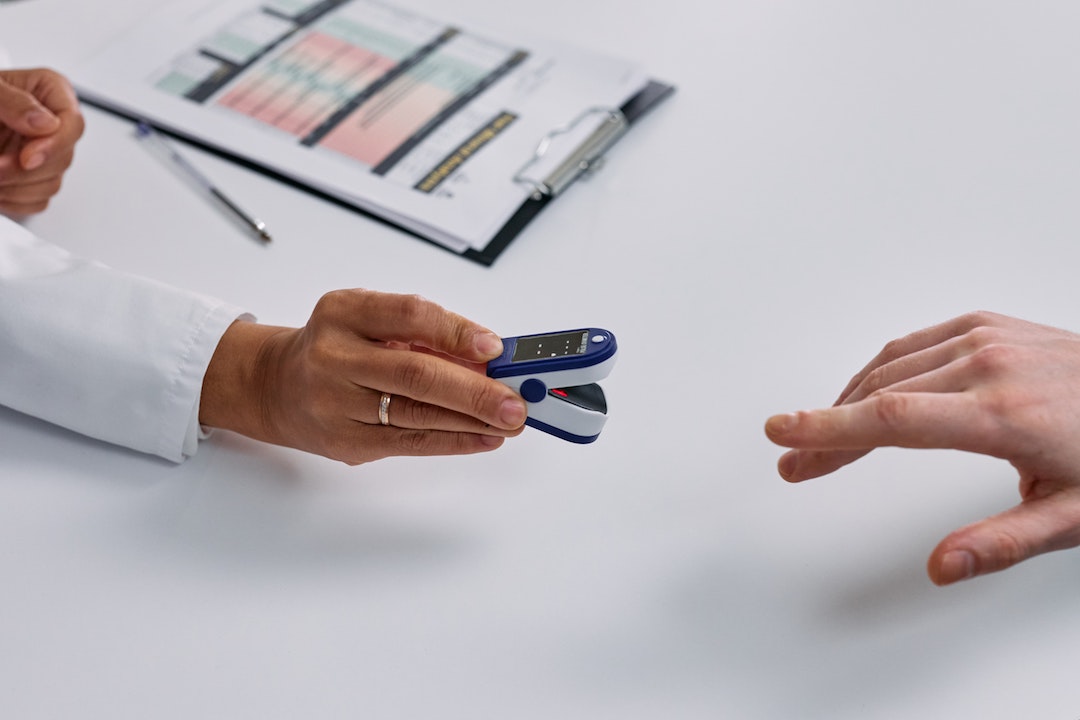Why Healthcare Facilities Should Strengthen Their Cyber Security
January 23rd, 2022 by William Wentowski

Healthcare companies continuously face cyber threats that increases the safety risk of their patient information. Unfortunately, many healthcare leaders view cyber security as a technical issues that must be dealt with by the IT department.
The importance of cyber security in healthcare goes way beyond just the IT department. It is crucial for healthcare organizations to enhance their security to protect the private and confidential information of their patients.
A solid data safety and security plan should be implemented throughout the organization to not just secure the patient information but also to deliver the best quality care by avoiding disruptions.
Reasons Healthcare Industry Needs Strong Cyber Security
Since healthcare organizations possess a high amount of information with high intelligence and monetary value, it attracts the attention of cybercriminals. Information, like bank account numbers, social security numbers, and credit card information, are appealing to the criminals since they can be sold up to ten times their value on the dark web.
Here are some of the major reasons healthcare facilities need to invest in cyber security:
Protecting Private Patient Information
As already stated, hospitals store a large amount of private patient information that is worth millions on the web, making this industry a major target for cyber attacks. It is the responsibility of healthcare companies to take appropriate measures to protect their patients' records.
Hospitals are realizing that the cost of securing their personal data with effective cyber security solutions, like multi-factor authentication (MFA) is lower than the payout from cyber attacks, like a ransomware.
Having a strong data security system in place makes it more difficult for cybercriminals to penetrate through the system and steal confidential information.
Patient Information is Shareable and Open
Since confidential patient data needs to be readily available to the staff to provide them with effective and timely treatment, this data is often open and shareable. This urgent need to access the data also makes it more vulnerable to cyber-attacks.
Having the right cyber security can ensure the data is protected at all times without causing any disruptions in the information flow throughout the healthcare organization.
Remote Access To Patient Data Makes It Vulnerable
Collaborative work is critical throughout the healthcare industry to provide the best possible treatment plans to all patients. In order to achieve this, the staff requires remote access to crucial private information in multiple devices. Even one unprotected device can put the entire organization at risk. While this ensure the patients get timely treatment, remote access from multiple devices also increases the risk of a cyber attack since all devices might not be secure. For increased flexibility and security, cloud-based security solutions are often implemented to protect patients' data.
Lack of Cyber Security Training Among Healthcare Staff
Aside from remote and open accessibility of patients' private information, there is also a lack of awareness and training among medical professionals regarding data security. Time constraints, resources, and budget can make it close to impossible for all healthcare professionals to become fluent in the best practices of cyber security.
Indeed cyber security solutions are complicated to comprehend but it is essential for hospitals to focus on the solutions with a user-friendly interface to make it easier for the staff. This will make their job easier while also keeping the patients' data protected.
Compliance With HIPAA
Throughout the healthcare industry, compliance is crucial for organizations to ensure the best possible outcomes. Health Insurance Portability and Accountability Act (HIPAA) has established standards for the industry to follow to secure sensitive patient information. All healthcare organizations dealing with patient healthcare information are obliged to implement safety, network, and physical measures to comply with HIPAA. Failing to do so would result in massive fines even if there hasn't been any breach.
The HIPAA rules components are the omnibus law, notification violation law, security law, and privacy law. The violation of their rules can cause your medical facility a fine that could range from $100 to $50,000 and even more.
The requirement and significance of a strong cyber security solution in medical organizations is extremely crucial than ever before. From primary healthcare, healthcare consultancies, research enterprises to government healthcare departments, diagnostic service providers, and specialist practitioners, opportunities of data theft and breaches are increasing.
Using the right cyber security solution is integral to secure patients' data and continue providing high-quality care to patients. BTS Technologies offer the most innovative National Institute of Standards and Technology framework solutions to assist healthcare organizations in keeping their information safe.
Give us a call and find the ideal solution to meet your business needs.
Posted in: Cyber Security

